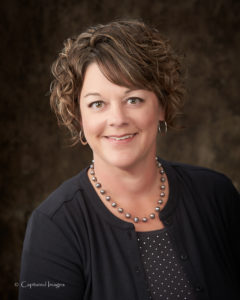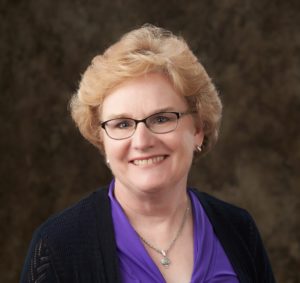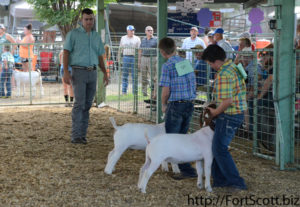
Family and Consumer Science Extension Agent
Adult Development and Aging
Family Resource Management
K-State Research and Extension
Southwind Extension District
210 S. National
Fort Scott, KS 66701
Office: 620-223-3720
Fax: 620-223-0332
[email protected]
If you have a health insurance plan through HealthCare.gov, you may see a decrease in your monthly premiums beginning September 1.
The American Rescue Plan enhanced premium assistance for 2021 and 2022 by lowering the share of premiums people pay. This includes people who already qualified for the APTC with income below 150% of the federal poverty level, people with income over 400% of the federal poverty level, and those with unemployment benefits in 2021.
Starting September 1, HealthCare.gov will automatically update the advance premium tax credit for some enrollees. If an enrollee is eligible to be automatically redetermined, HealthCare.gov sent notices in late July. Redetermination will occur for enrollees who have not updated their HealthCare.gov application since April 1; currently pay a premium; and previously chose to receive their full APTC up-front.
Enrollees who have received or been approved to receive unemployment compensation in 2021 will have their APTC automatically redetermined if they have confirmed since January 1 that they receive or have been approved to receive unemployment in the current month; have not updated their HealthCare.gov application since July 1; currently pay a premium; and previously chose to receive their full APTC up front.
Some enrollees are not eligible for the automatic APTC redetermination including those who already returned to HealthCare.gov since April 1, current enrollees, or July 1, unemployment enrollees; taking less than the full APTC amount; and those in zero-premium plans.
Adjustments can be made to increase or decrease qualifying APTC by updating the 2021 application by selecting “Life Change” and manually updating how much of the APTC to apply. A reminder that all premium tax credits are reconciled for the year when completing taxes. If income is underestimated for the year, enrollees may owe back a portion of the APTC and repayment forgiveness will not apply for 2021 plan year.
For more information and FAQ, visit Health Reform: Beyond the Basics at https://www.healthreformbeyondthebasics.org/. For local assistance, contact me at 620-223-3720 or [email protected]. Marketplace 2022 open enrollment is November 1 through December 15 for coverage that starts January 1, 2022.







